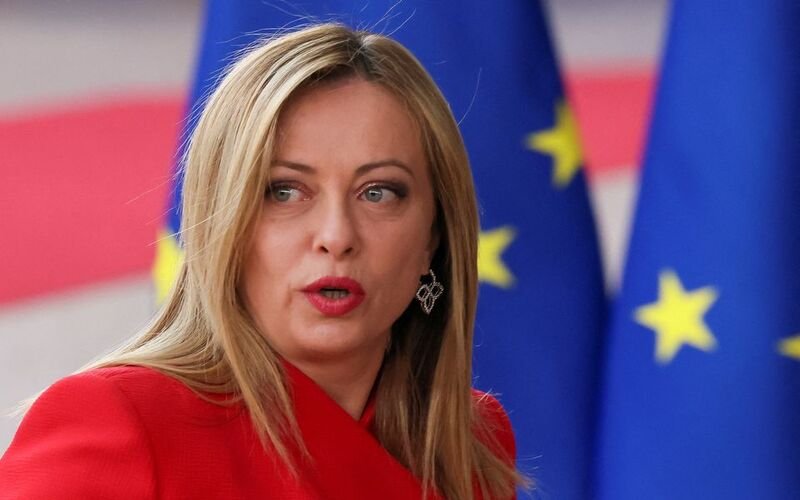In a display of accountability and leadership, Italy’s Prime Minister, Giorgia Meloni, has taken full responsibility for the contentious bank tax decision that has garnered widespread attention. Meloni’s willingness to shoulder the responsibility highlights the complexities of economic policy-making and the imperative of transparent governance. In this comprehensive analysis, we delve into the significance of Meloni’s stance and examine the potential ramifications of the bank tax decision.
Introduction: A Leader’s Resolve
Prime Minister Giorgia Meloni’s decision to assume full responsibility for the bank tax issue underscores her commitment to transparent and accountable governance. As a pivotal figure in Italy’s political landscape, Meloni’s willingness to address challenges head-on signifies her dedication to navigating complex economic matters responsibly. This report navigates the nuances of Meloni’s stance and its broader implications for Italy’s economic trajectory.
A Pragmatic Policy Landscape
Weighing Economic Considerations
The bank tax decision rests within Italy’s broader economic landscape. Balancing fiscal imperatives, social welfare, and market stability requires intricate policy formulation. Meloni’s acknowledgment of responsibility reflects an understanding of the multifaceted nature of economic decision-making and the need to align policies with the nation’s long-term interests.
A Message of Accountability
Meloni’s assumption of responsibility sends a clear message about governance and accountability principles. By taking ownership of the bank tax decision, she demonstrates her commitment to addressing challenges transparently and learning from policy outcomes. This commitment fosters a culture of accountability crucial for Italy’s leadership’s credibility.
Economic Implications and Public Perception
Market Responses
Meloni’s acknowledgment of responsibility can potentially influence market dynamics and investor sentiment. The transparent handling of economic decisions can contribute to market stability and maintain confidence in Italy’s economic prospects. Investors and stakeholders closely monitor the government’s actions, making a commitment to accountability a crucial factor in shaping economic outcomes.
Public Trust and Engagement
The prime minister’s decision also impacts public trust and engagement. Demonstrating a willingness to take responsibility enhances the government’s relationship with citizens and underscores a commitment to addressing challenges in the nation’s best interest. Meloni’s stance can promote open dialogue and public discourse on economic policies, fostering a sense of shared responsibility.
Conclusion: Navigating Economic Pathways
In conclusion, Prime Minister Giorgia Meloni’s decision to assume full responsibility for the bank tax decision demonstrates a commitment to moral governance and accountable leadership. Her actions underscore the complexities of economic policy-making and the imperative of transparent decision-making in a rapidly evolving global landscape.
As Italy navigates the economic challenges ahead, Meloni’s willingness to address issues openly and take responsibility for policy outcomes sets a precedent for effective leadership.










































Comment Template